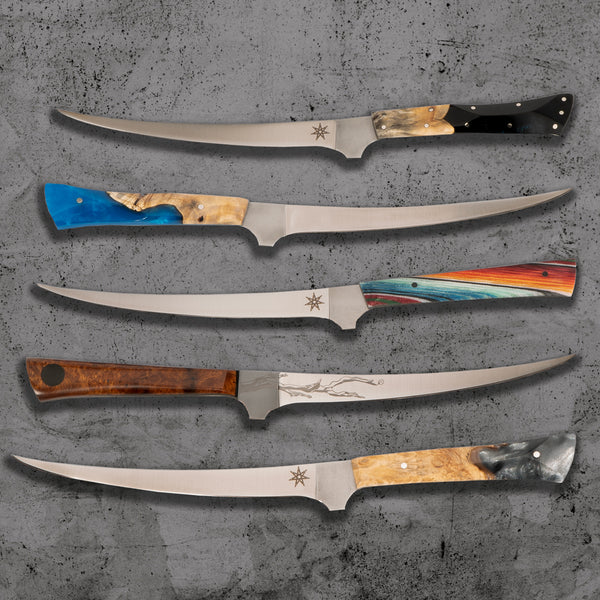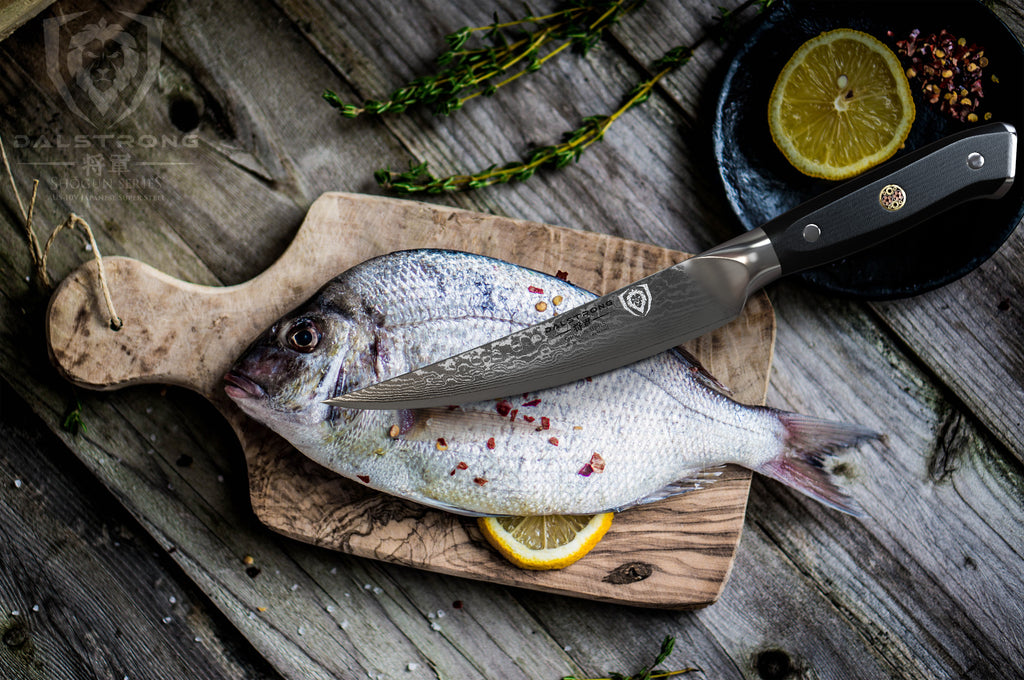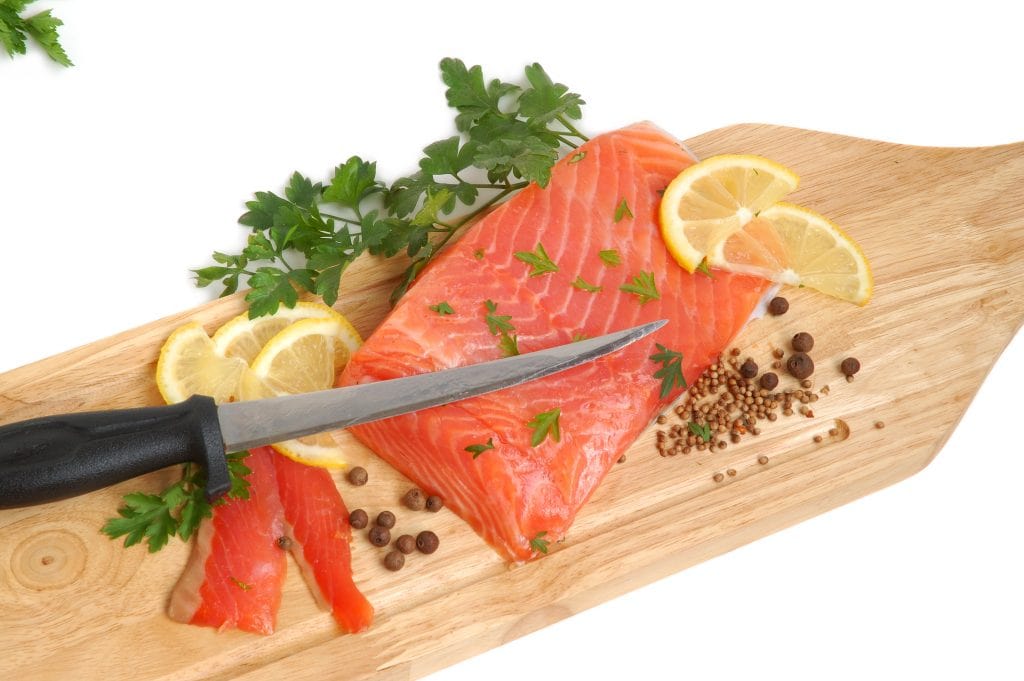Fillet knives are essential tools for kitchen enthusiasts. These knives are specifically designed to handle the delicate task of filleting fish and other meats. The primary keyword, ‘what is a fillet knife used for’, is fundamental in understanding the versatility of this kitchen tool.

Understanding the Anatomy of a Fillet Knife
Fillet knives are known for their flexibility and precision. They typically feature a thin, sharp blade that allows for easy maneuvering around bones. Fillet knives are primarily used for cutting fish but can also be used for other meats.

Key Features of a Fillet Knife
Blade Design
The blade of a fillet knife is designed to be thin and flexible, allowing it to move fluidly along the bones of fish or meat. This flexibility ensures that you can make precise cuts without tearing the flesh.
Sharpness
Fillet knives are known for their sharpness, which is crucial for making clean cuts. Keeping your fillet knife sharp is essential for maintaining its efficiency. Learn how to sharpen a knife here.
Handle
The handle of a fillet knife is usually ergonomic, providing a comfortable grip. This design helps in maintaining control while making precise cuts.

Main Uses of a Fillet Knife
Filleting Fish
As the name suggests, fillet knives are primarily used for filleting fish. Their thin, flexible blades make it easier to remove bones and skin without damaging the meat.
Preparing Chicken
Fillet knives can also be used for preparing chicken. They are excellent for removing skin and bones, making them versatile tools in the kitchen.
Trimming Meat
These knives are also great for trimming fat and silver skin from meat. Their sharpness and precision make them ideal for detailed work.

Advantages of Using a Fillet Knife
Precision
The thin, flexible blade of a fillet knife allows for precise cuts, ensuring that you can remove bones and skin without wasting any meat.
Versatility
While primarily used for fish, fillet knives are versatile and can be used for various other tasks, such as trimming meat and preparing poultry.
Efficiency
The sharpness and design of fillet knives make them highly efficient tools in the kitchen. They allow you to work quickly and accurately.
Maintaining Your Fillet Knife
Cleaning
Proper cleaning is essential for maintaining your fillet knife. Learn how to clean your knife effectively from this Cozymeal guide.
Sharpening
Regular sharpening is crucial to keep your fillet knife in top condition. Discover the best techniques to sharpen a knife here.
Choosing the Right Fillet Knife
Blade Material
When choosing a fillet knife, consider the blade material. Stainless steel is a popular choice due to its durability and resistance to corrosion.
Length
Fillet knives come in various lengths, typically ranging from 6 to 11 inches. Choose a length that suits your needs and the type of fish or meat you’ll be working with.
Brand Reputation
Selecting a knife from a reputable brand ensures quality and reliability. Do some research to find the best options available.
Fillet Knife vs. Other Knives
Fillet Knife vs. Chef’s Knife
While both knives are essential in the kitchen, they serve different purposes. Learn about the unique tasks each knife excels at here.
Fillet Knife vs. Boning Knife
Although similar, a boning knife is typically less flexible than a fillet knife and is designed for different tasks. Delve deeper into their differences.
Fillet Knife vs. Paring Knife
A paring knife is smaller and less flexible than a fillet knife, making it suitable for peeling and other small tasks rather than filleting.
Expert Tips for Filleting
Using the Right Technique
Mastering the correct filleting technique can make a significant difference. Position the knife carefully and use smooth, steady motions.
Practicing Regularly
Practice makes perfect. The more you use your fillet knife, the better you will become at handling it.
Ensuring Safety
Fillet knives are extremely sharp, so it’s essential to handle them with care. Always use a cutting board and keep your fingers away from the blade.
Common Mistakes to Avoid
Using the Wrong Knife
A common mistake is using the wrong type of knife for filleting. Ensure you’re using a dedicated fillet knife for the best results.
Not Keeping the Knife Sharp
A dull knife can be dangerous and inefficient. Regularly sharpen your fillet knife to maintain its performance.
Conclusion
Fillet knives are indispensable tools in any kitchen, offering precision, versatility, and efficiency. By understanding what a fillet knife is used for and how to maintain it, you can make the most out of this terrific kitchen tool. For more insights on the best practices for using different types of knives, check out this guide on Serbian Chef Knives.
FAQs
What is a fillet knife primarily used for?
A fillet knife is primarily used for filleting fish, but it can also be used for trimming meat and preparing poultry.
How do you maintain a fillet knife?
Maintaining a fillet knife involves regular cleaning and sharpening. Proper storage is also crucial to keep the blade in good condition.
Can a fillet knife be used for other tasks?
Yes, a fillet knife is versatile and can be used for various tasks such as trimming meat and preparing chicken.
As an Amazon Associate, I earn from qualifying purchases.


